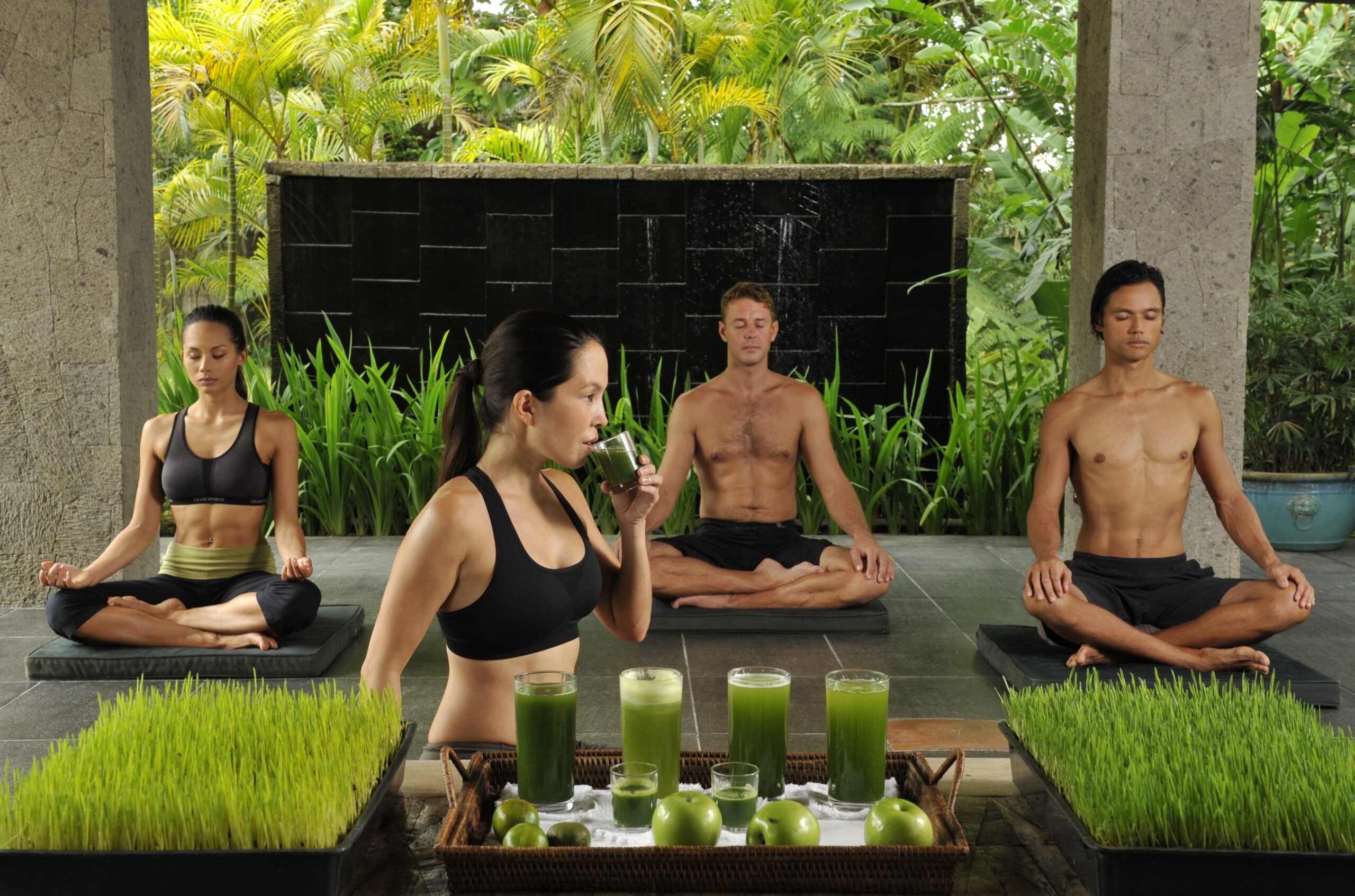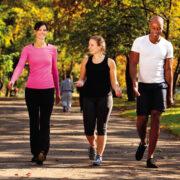Whether you’re a globe-trotting executive or a vacationer crossing continents, adjusting to new time zones can wreak havoc on your sleep patterns. But fear not, weary traveler! With the right sleep hygiene practices, you can reset your body clock and conquer jet lag like a pro. A recent study published in the New England Journal of Medicine in 2023 sheds new light on combating jet lag. Researchers found that strategically timed light exposure can significantly reduce recovery time from jet lag. As lead author Dr. Elizabeth Klerman notes, “Properly timed light exposure can shift the circadian clock twice as quickly as previously believed.”
With this in mind, embrace the power of light. Upon arrival at your destination, try to get some natural sunlight during the day. This helps signal to your body that it’s time to be awake. Conversely, avoid bright lights in the evening to help your body prepare for sleep. Timing is everything when it comes to meals and exercise. Try to eat and work out according to the local schedule, even if your body is telling you otherwise. This helps your internal clock adjust more quickly to the new time zone.
Hydration plays a crucial role in combating jet lag. While it’s tempting to rely on caffeine to stay awake or alcohol to fall asleep, both can disrupt your sleep cycle. Instead, stick to water and herbal teas to keep your body hydrated and primed for rest. Creating a sleep-friendly environment is essential. Use earplugs, an eye mask, or white noise to block out unfamiliar sounds and lights in your new surroundings. If possible, adjust the room temperature to a cool, comfortable level for optimal sleep.
Consider melatonin supplements, but use them wisely. Melatonin can help reset your body clock, but timing is crucial. Consult with a healthcare professional about when to take it based on your travel schedule and destination.
Finally, be patient with yourself. It typically takes about one day per time zone crossed for your body to fully adjust. In the meantime, short
power naps (20-30 minutes) can help combat daytime fatigue without interfering with nighttime sleep. By incorporating these sleep hygiene tips into your travel routine, along with the latest scientific insights on light exposure, you’ll be well on your way to enjoying your destination – fully awake and refreshed. Sweet dreams and safe travels!






